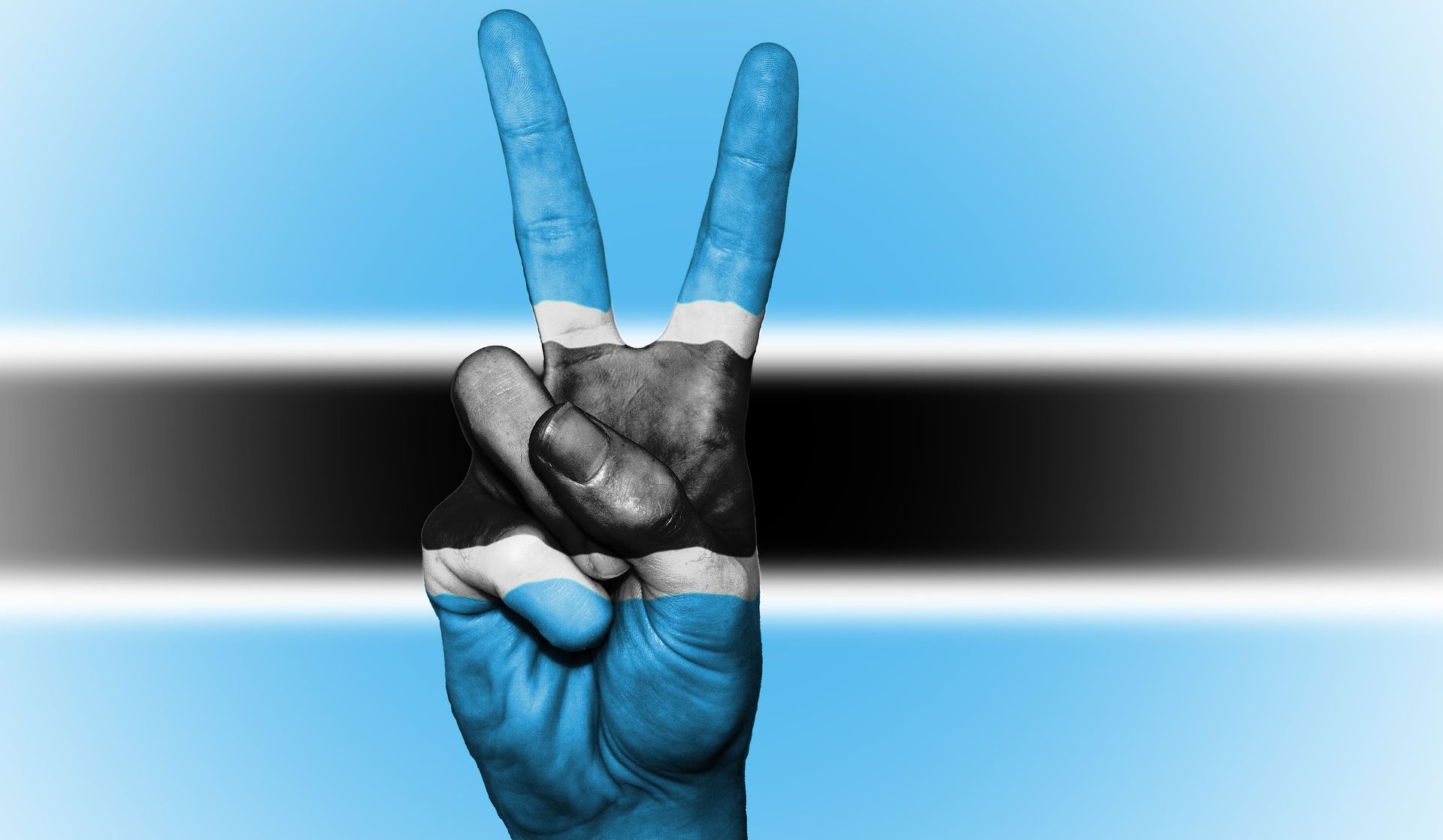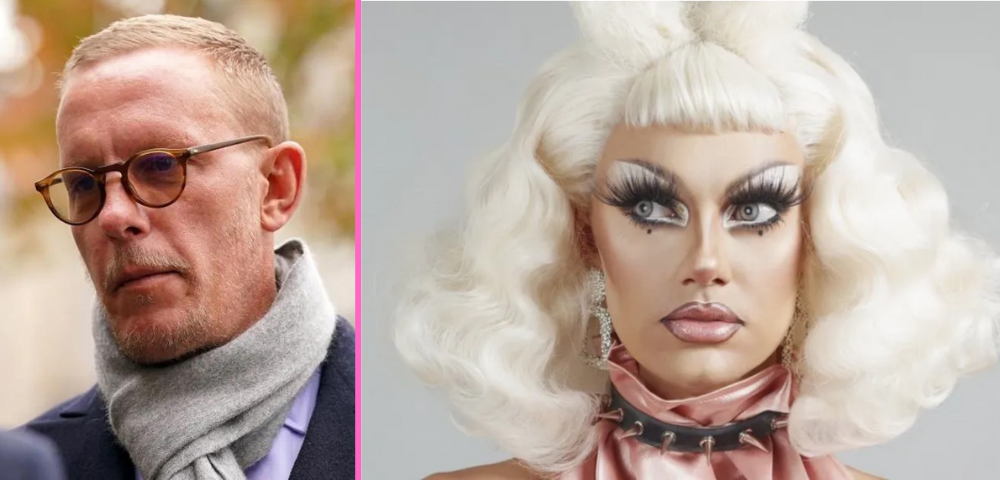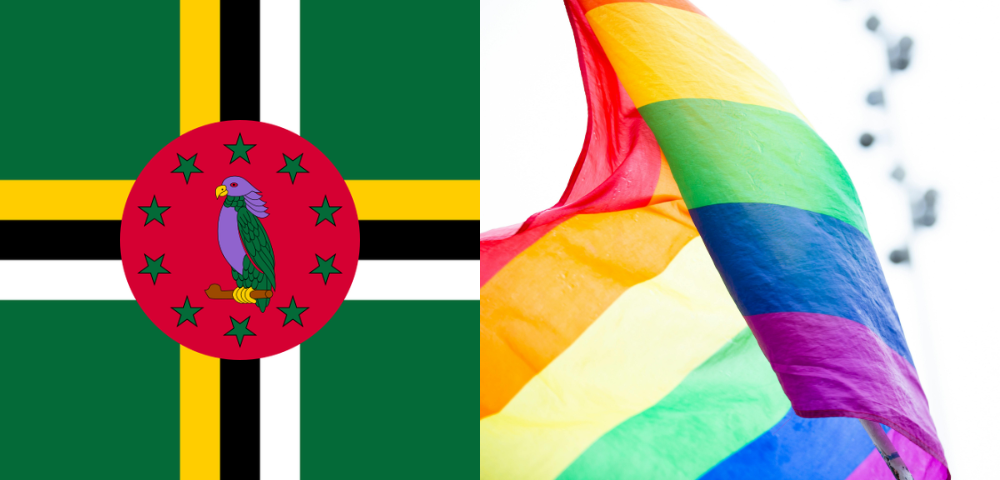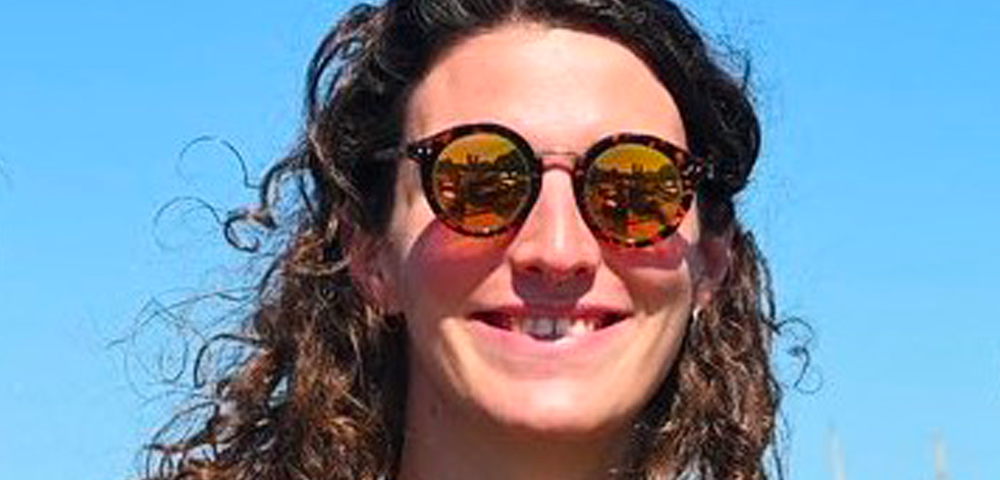
Botswana has decriminalised gay sex

Botswana’s High Court has ruled to overturn colonial-era laws that criminalised homosexuality and prescribed a prison sentence of up to seven years for those found guilty.
The decision has been hailed by advocates as a major step for gay rights on the African continent.
The Court ruled to strike down section 164(a) and (c), and section 167 of the penal code which criminalised homosexuality, or “carnal knowledge against the order of nature”.
The Court unanimously ruled that the provisions were discriminatory and against public interest.
Judges stated that “a democratic society is one that embraces tolerance, diversity, and open-mindedness” and highlighted that discrimination held back not only LGBTIQ+ people, but society as a whole.
Trans artivist from Botswana, Katlego K Kolanyane-Kesupile, said they were happy to see the Court “supporting the dignity” of Botswana by removing clauses that rendered people criminals for who they love.
“I am proud that this has happened in my lifetime, and look forward to educating Botswana to fully understand what this means to current and future generations of LGBTIQ+ people and their families,” they said.
“Justice will always shine brighter in the light than hate.”
With this ruling, Botswana joins Angola, Mozambique, India, Trinidad, and Tobago which have recently struck down similar colonial-era laws.
However, there are many countries which still maintain anti-gay laws, such as Singapore, Sri Lanka, Uganda, and Kenya.
Executive Director of OutRight Action International, Jessica Stern, said Botswana’s decision was momentous.
“Same-sex relations are a crime in around 70 countries. Today that number has decreased by one,” she said.
“We commend the High Court of Botswana for upholding international human rights standards and taking this historic decision, and urge authorities in Botswana to swiftly take the necessary steps to ensure full implementation of the ruling, so that it translates into real change for LGBTIQ+ people.”
In 2014, Botswana’s High Court ruled that the government had to allow the registration of LEGABIBO, the country’s leading LGBTIQ+ organisation.
And in 2017, in two separate cases – one concerning a trans man, and the other a trans woman – the High Court ruled that the refusal of the National Registration to change the gender marker of trans people violated their rights to dignity, privacy, freedom of expression, and equal protection under the law.









